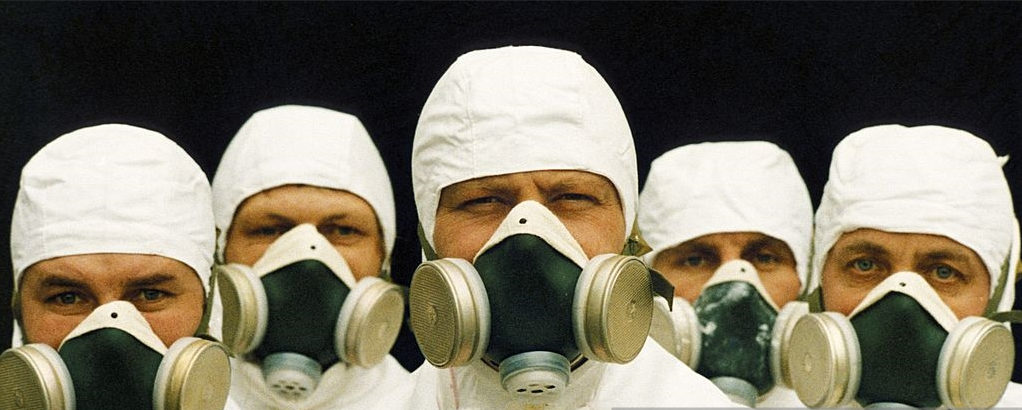
Voices this Week draws together published material on an important strategic issue in South Asia. This week: we draw upon an ongoing conversation on the merits of qualitative and quantitative analysis in nuclear scholarship.
A recent H-Diplo International Security Studies Forum addresses the strengths and weaknesses of different approaches to nuclear scholarship (read it here). Scott Sagan, Francis J. Gavin, Matthew Fuhrmann, Matthew Kroenig, Todd S. Secher, Hal Brands, Erik Gartzke, and Vipin Narang weigh in on the merits of qualitative and quantitative research methods adopted by historians and political scientists, respectively.
In his introduction, Sagan contends it is “surprising to see how rarely work in one discipline influences work in the other ,” as “even without co-authoring, historians and political scientists could usefully improve each other’s scholarship.” Referencing two papers by Kroenig, Furhmann, and Secher, Gavin critiques political scientists’ embrace of quantitative methods: “Statistics can be a powerful but blunt instrument. Turning complex historical processes into quantifiable variables risks losing both information and even accuracy, which should affect our confidence in the findings. This is especially true in the area of nuclear statecraft, where statistical analysis does not strike me as the best method for understanding complex, interactive political decision-making about issues of life and death…”
Fuhrmann, Kreonig, and Secher offer a rebuttal to Gavin’s critique: “For decades, scholars have been employing the methods proposed by Gavin to study the role of nuclear weapons in international politics,” but “our understanding of these issues remains inadequate…. it would be unwise to respond by continuing to tackle questions of nuclear security in exactly the same way as before, hoping that the next trove of documents will settle the debate once and for all.”
Nuclear scholars continued and expanded the conversation this week in the Washington Post. Gavin, Matthew Connelly, Alexandre Debs, Peter Feaver and Colin Kahl wrote a series of articles on what policymakers can learn from recent academic research on nuclear weapons.
In his article, Gavin notes that, in his mind, the discussion engages four important and interwoven questions:
- “how do nuclear weapons shape international relations and influence statecraft?”
- “how should we think about the scholarly methods we use to understand nuclear dynamics?”
- “what should be the relationship between the disciplines of history and political science when it comes to exploring these issues?”
- “should our scholarly work aim towards contributing to policy debates on nuclear weapons, and if the answer is yes, what are the best ways to do so?”
Feaver asks and answers, “What do policymakers want from academic experts on nuclear proliferation?” In “The ‘documentary big bang’ in nuclear weapons scholarship,” Connelly “examines how computational advances can help historians make sense of a treasure trove of new data.” Debs addresses “The curious case of nuclear studies,” and, Kahl, “How worried should U.S. policymakers be about nuclear blackmail.”
***